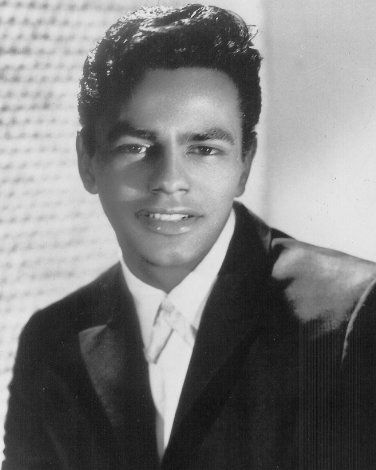Groove and Revolution: The Enduring Impact of Black Male Soul Singers in the 1970s
The 1970s stand as a testament to the transformative power of soul music, a genre deeply intertwined with the Black American experience. At the forefront of this musical revolution were Black male soul singers, whose voices became synonymous with an era defined by both social change and artistic innovation. They weren't just delivering hit songs; they were weaving narratives of love, struggle, hope, and change into the fabric of American culture.
Emerging from the backdrop of the Civil Rights Movement, these artists inherited a legacy of using music to amplify the voices of the marginalized. Yet, the 1970s saw a distinct evolution. Soul music diversified, embracing funk, psychedelic influences, and social commentary with unprecedented boldness. Think of the raw, emotive power of Marvin Gaye's "What's Going On," a poignant outcry against social injustice, or the rise of Curtis Mayfield's politically charged anthems like "Move On Up." These weren't just songs for the dance floor; they were calls to action, reflections of a community grappling with change and demanding to be heard.
The influence of these artists transcended music charts. They became cultural icons, their afros and bell bottoms as recognizable as their soulful voices. Stevie Wonder, for example, wasn't just a musical genius, he was a multi-instrumentalist prodigy who broke down barriers and redefined notions of Black excellence. Their music seeped into every crevice of society – from radio airwaves to neighborhood block parties, soundtracking a generation's journey of self-discovery.
However, the story of Black male soul singers in the 1970s wasn't without its complexities. The music industry, while providing a platform, was often a double-edged sword. Issues of exploitation, cultural appropriation, and the pigeonholing of Black artists were ever-present challenges. Despite these hurdles, their artistry flourished, serving as a testament to their resilience and their commitment to their craft.
To truly appreciate the impact of Black male soul singers in the 1970s is to understand their music as a form of cultural storytelling. It's music that continues to resonate, influencing generations of musicians across genres, from hip-hop and R&B to contemporary soul and beyond. The legacy of these artists is woven into the DNA of modern music, a testament to the enduring power of soul.
Exploring the 1970s Soul Scene: Resources and Recommendations
For those wanting to delve deeper into the soulful tapestry of the 1970s, here are some starting points:
- "Respect: The Life of Aretha Franklin" by David Ritz: While focusing on the Queen of Soul herself, this biography provides invaluable context about the 1970s music scene and Aretha's collaborations with prominent Black male artists of the time.
- "Songs in the Key of Life" by Stevie Wonder: Immerse yourself in this iconic album, a cornerstone of 1970s soul, showcasing Wonder's musical genius and social consciousness.
- "What's Going On" by Marvin Gaye: This album stands as a landmark achievement in soul music, tackling complex social issues with vulnerability and artistic brilliance.
The impact of Black male soul singers from the 1970s extends far beyond the music itself. They gave voice to a generation on the cusp of change, shaping the sonic landscape and leaving an indelible mark on American culture. Their music continues to inspire, reminding us of the power of art to reflect, challenge, and ultimately, unite.
Unlocking success understanding manager salaries and their impact
Spice up your romance the ultimate guide to flirty texts for your boyfriend
Navigating adulthood how to get insurance after 26














